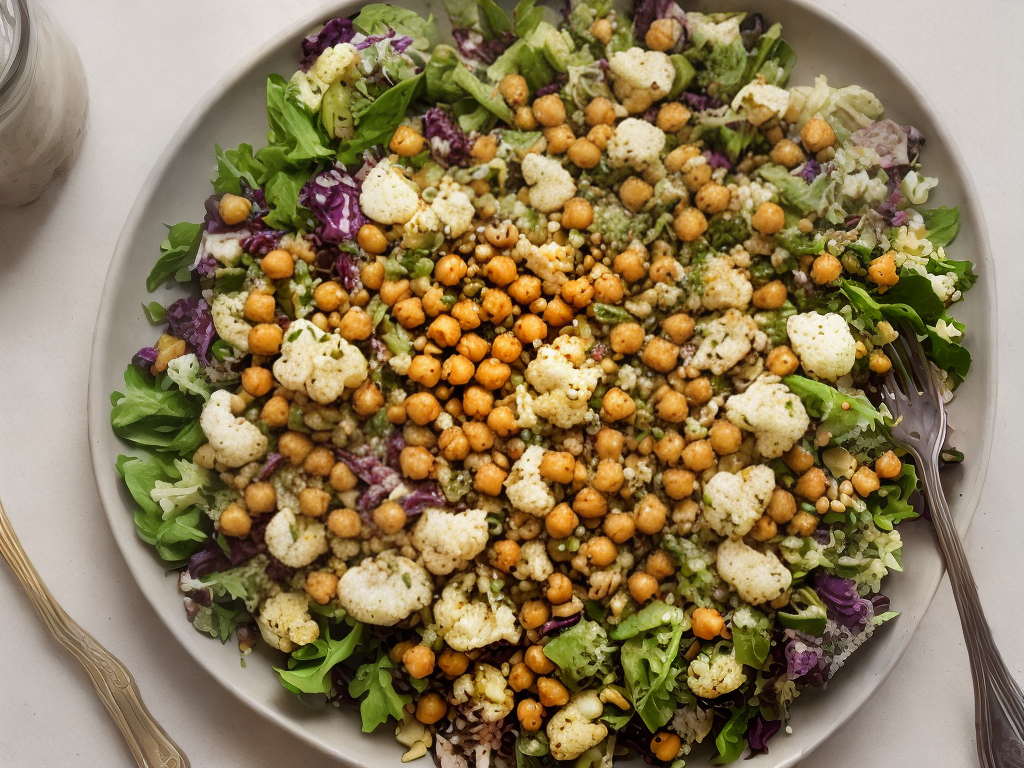Whether you eat dinner at night or eat earlier, it is important to eat foods that are good for your body. Eating earlier can lower your risk of developing cancer. Eating foods that are good for your body can also help you to fall asleep faster.
Spicy foods can cause sleep problems
Whether you’re a fan of the heat, or have a problem sleeping, eating spicy foods can have a negative effect on your sleep. Several studies have found that eating spicy foods can affect your sleep pattern.
Eating spicy foods causes your body temperature to rise, causing you to feel hot. This is not a good idea because your body needs a normal temperature to rest.
Eating spicy foods can also trigger heartburn. This condition causes your stomach lining to irritate, which will cause your sleeping pattern to be affected. In addition, eating spicy foods may also cause acid reflux. These symptoms can make it difficult to sleep, and can even lead to waking up multiple times during the night.
Some studies have found that consuming turmeric before bed can help you sleep. The chemical compound called turmeric has a number of health benefits, including reducing inflammation. This chemical is also used in the digestion process. The best part is that you can find it in foods you already eat.
Sweet potatoes increase sleep duration
Adding a sweet potato to your diet can increase your sleep duration. They’re a great source of complex carbohydrates and sleep-promoting nutrients. These tubers contain vitamins, minerals, and phytochemicals that work together to support your body’s natural sleep hormones.
Sweet potatoes contain the minerals magnesium and potassium, which help relax your muscles. They also contain tryptophan, which converts into serotonin and melatonin. They’re also an excellent source of beta carotene, which supports healthy eyes, skin, and immune system.
Sweet potatoes are also a good source of fiber. Fiber helps promote a healthy digestive system, and it also helps you stay full. You should aim to consume 14 grams of fiber for every 1,000 calories you eat. This may improve your memory, and may even reduce the risk of heart disease.
Sweet potatoes are also rich in antioxidants. They’re a good source of vitamins A and B6, which increase your body’s production of sleep-promoting hormones.
Sweet potatoes also contain a trypsin inhibitor called sporamin. This helps prevent indigestion from interfering with your sleep. They’re also rich in potassium, which promotes deep sleep.
Eating earlier in the day could lower your risk of developing cancer
Several studies have shown that eating dinner earlier in the day can lower your risk of developing cancer. It’s not clear why this may be so. But it may be related to the timing of your meals.
Researchers from the Barcelona Institute for Global Health in Spain studied the effects of the timing of a meal on cancer risk. The findings were published in the International Journal of Cancer. The study surveyed about 4,000 people and found that the earlier a person ate dinner, the lower their risk of cancer.
The researchers found that eating dinner before 10 p.m. decreased the risk of breast and prostate cancer by 20 percent. They also found that eating after 9 p.m. increased the risk of cancer by 25 percent.
A plant-based diet can also reduce the risk of cancer. Plant-based foods include legumes, beans, tofu, and lentils. They’re also rich in antioxidants. These antioxidants help your body fight inflammation and defend against cancer cells. They can also support heart and brain health.
Late-night snacking can affect metabolic health
Having a late night snack can negatively affect your metabolic health. This habit has been linked to obesity, diabetes, and cardiometabolic diseases. It can also affect your sleep pattern.
Studies have shown that people who eat late have higher triglyceride levels. These levels are associated with cardiovascular disease and Type 2 diabetes. They also have a higher risk of depression. The effects of late night snacking may be offset by exercise.
Another study suggests that eating a large meal at night can lead to discomfort. In addition, eating large meals late can cause increased absorption of less-valuable food ingredients. It is also associated with a reduced metabolic rate, increased fat storage, and decreased glucose tolerance.
Nighttime feeding may also affect the way the body recovers from exercise. This may affect hormonal markers associated with heart disease. A Japanese study found that nighttime snacking had a negative impact on cardiovascular markers.
It is unclear whether this change in metabolism is due to the timing of the meal, the sleep cycle, or a combination of both. In the future, researchers may be able to determine the extent of the relationship between nighttime feeding and cardiovascular disease.




